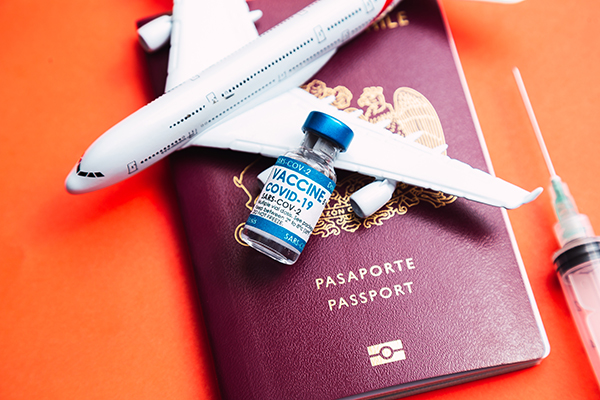
The community-supported Ethos Health agricultural program Weiss has founded is based on the principle that food is medicine, and that diet can be more effective than pharmaceutical drugs in the prevention and treatment of disease. (RELATED: Read about food as medicine to prevent disease at Prevention.news)
"Plant-based whole foods are the most powerful disease-modifying tools available to practitioners — more powerful than any drugs or surgeries," Weiss told NJ.com. "I am talking about treating and preventing chronic disease — the heart attacks, the strokes, the cardiovascular disease, the cancers … the illnesses that are taking our economy and our nation down."
The 348-acre 'farmacy' feeds 90 families
Weiss’s undergraduate degree in botany has no doubt come in handy in setting up his “farmacy.” And with the assistance of two local farmers, the project is now producing fresh organic fruits, vegetables and herbs for 90 families.
In turn, the families pay a membership fee and perform volunteer work on the farm, such as picking produce or pulling weeds. This helps people take a greater interest in the foods they eat – an awareness that is the foundation of good health, according to Weiss.
"Human health is directly related to the health of the environment, the production of food and how it is grown," Weiss said. "I see this farm as an opportunity for me to take everything I’ve done all my life, all the biology and chemistry of plants I have studied, and link them to the human biological system."
Although many mainstream medical practitioners continue to express skepticism regarding the “food as medicine” philosophy, there’s a growing body of evidence suggesting that it really works, and some of Weiss’s patients are good examples.
'More than a miracle'
For instance, 90-year-old Angelina Rotella was able to recover from chronic heart disease and diabetes by switching to Weiss’s plant-based dietary prescription.
Rotella was confined a wheelchair and suffering from congestive heart failure when she first visited Dr. Weiss. Eight months later, after changing her diet, she had lost 40 pounds and was able to get around without the wheelchair.
Her daughter, Angie Rotella-Suarez, called it “more than a miracle,” and after witnessing their mother’s dramatic improvement, Rotella-Suarez and her sister also switched to Weiss’s vegan diet plan, enabling them both to also lose 40 pounds and reverse their pre-diabetic status.
Weiss is encouraged by those within the medical profession who advocate a plant-based diet, such as Kim A. Williams, former president of the American College of Cardiology, who has written essays on the subject and spoken out about his own experiences. Williams has said that he succeeded in lowering his cholesterol levels on a vegan diet after failing to do so on a low-fat diet.
Other health experts remain critical of the concept, labeling all-plant diets as “still experimental.”
Whether or not a strict vegan diet is superior to one that includes some protein obtained from meat is open to debate, but what does seem clear is that primarily consuming fresh organic fruits and vegetables is the true prescription for good health.
It doesn’t take a medical degree to understand that what you put in your body not only affects but actually determines your state of health – and in fact, a conventional education in medicine tends to steer people away from that realization.
One of the reasons that plant-based medicine is still considered “fringe” appears to be that the medical establishment feels threatened by an approach that might put them out of business.
Big Pharma and the cancer industry would simply cease to exist if plant-based therapies and remedies became mainstream. Stay informed about the healing benefits of fresh foods at Fresh.news.
Sources:
Please contact us for more information.

















